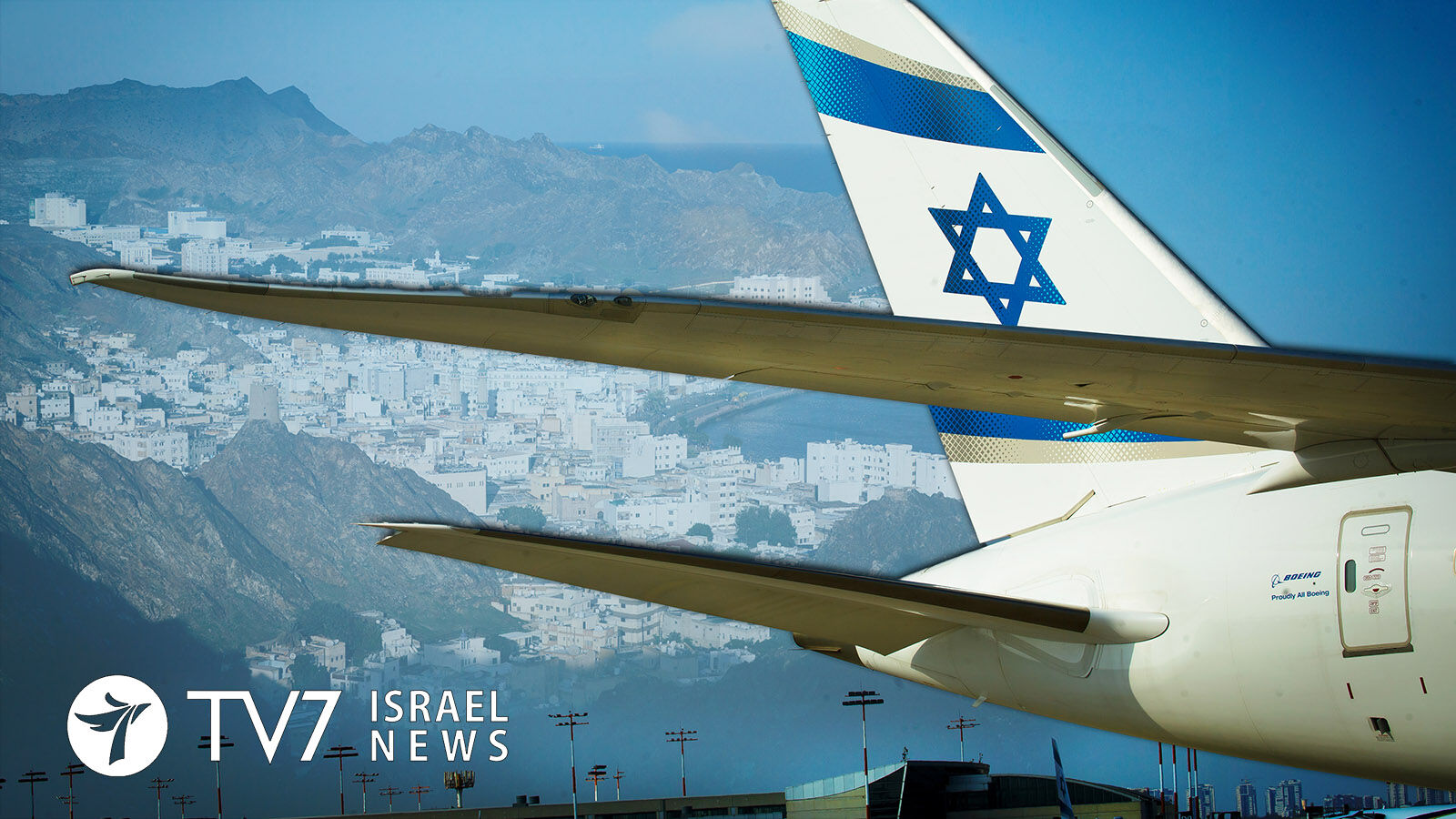The decision will enable Israeli airlines to utilize a Saudi-Oman corridor to cut flight times to Asia.
By Erin Viner
“The sultanate’s airspace is open to all carriers that meet the requirements of overflying,” announced Oman’s Civil Aviation Authority (CAA) on Twitter.
Saudi Arabia has allowed Israeli carriers to fly over its territory on flights to and from the United Arab Emirates and Bahrain since the two countries signed the United States-brokered Abraham Accords with the Jewish State in 2020.
Riyadh, which like Muscat does not have formal ties with Jerusalem, said last summer that it would open its airspace to all air carriers – but Israeli officials had said the corridor could not be implemented until Oman formally granted consent.
Israel’s Foreign Ministry said the Saudi-Omani corridor will shorten the flight route by more than two hours to some Asian destinations. The move will also lower costs for Israeli travelers while help Israeli airlines become more competitive. Israeli flag carrier El Al said that beyond shortening current flight times, it would now examine opening new routes to Australia and restarting flights to India.
“The Far East is not so far away, and the skies are no longer the limit. This is a day of great news for Israeli aviation. Israel has, in effect, become the main transit point between Asia and Europe,” said Israeli Prime Minister Benjamin Netanyahu after the decision by the Gulf Arab state.
Netanyahu, who said he has been working on the effort since his 2018 visit to Oman, said Israel will now be opened up to the east “on an unprecedented scale.”
Opening Saudi airspace to flights to and from Israel was also a one focus of US President Joe Biden’s visit to the region last summer, as the United States and Israel sought to build on normalization pacts between Israel and two Gulf Arab states.
Israeli Foreign Minister Eli Cohen thanked the Omani Sultan Haitham bin Tariq al-Said for the “historic decision.”
